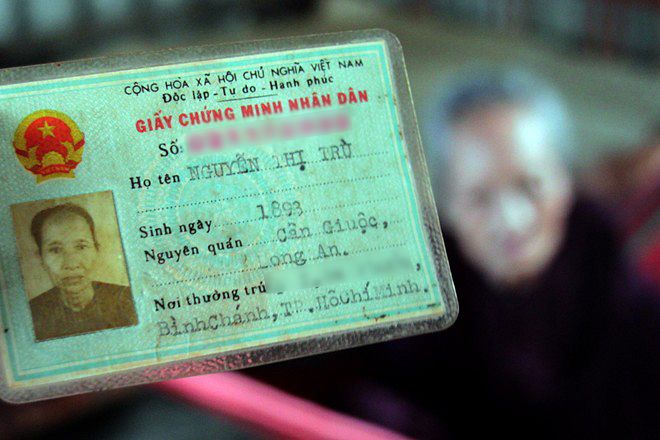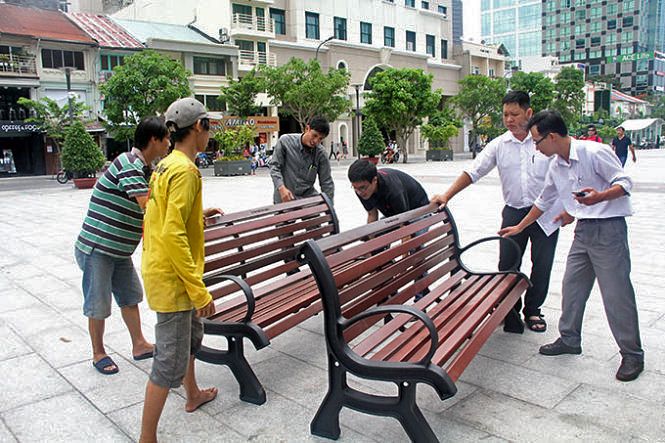As traffic accidents increase for the first time in eight years, Saigon officials are seeking increased funding to ease traffic congestion in the southern hub.
Compared to the same period last year, the number of traffic accidents between January and September of this year rose 9% to 2,919 incidents, reports VnExpress, while reported injuries have jumped 1.5% to 2,377. At the same time, the number of fatalities climbed by 15.4% to 607, which equals an average of two deaths per day.
Nguyen Ngoc Tuong, an official from the city’s Traffic Safety Department, told VnExpress that this increase in traffic accidents was the result of an uptick in drunk drivers, as well as Saigon’s ever-increasing private vehicle ownership. According to a recent WHO survey, 77% of Vietnamese men report regular alcohol consumption, putting the country among the world’s top alcohol consumers, Last year, Vietnam’s Traffic Safety Committee linked 4,000 traffic-related fatalities, or 40% of the total, to drunk driving.
This growing alcohol consumption once again highlights the city’s need for improved public transportation, however as bus ridership continues to plummet and metro construction moves at a snail’s pace, city officials are struggling to find short-term remedies for this issue.
As for vehicle ownership, Saigon is currently home to 8.5 million motorbikes and 627,000 cars, reports Tuoi Tre, with an estimated 1,000 new motorbikes and 180 new cars registered each day, according to the municipal Department of Transport. By 2020, the southern hub is expected to have over 1 million cars. Given this growth rate, Saigon will need to double its amount of road surface.
In the meantime, the city has been constructing temporary overpasses to alleviate this increased volume of traffic. However, these structures only solve an area’s traffic congestion temporarily; in the long run, the more overpasses there are, the heavier the traffic.
Because investing in temporary overpasses does not provide an effective solution, city officials are instead seeking investment for several plans to construct multi-level elevated highways and, of course, the city’s metro lines. While many of these proposals are already completed, funding for such projects remains a serious issue. The Ho Chi Minh City Finance and Investment State-Owned Company estimates that the southern hub’s infrastructure projects will require roughly VND1 quadrillion (US$44 billion) in investment during the 2015-2030 period.
At present, Saigon is awaiting approval from the Ministry of Finance to issue local government bonds later this year. If approved, the city would mobilize VND3 trillion (US$133.93 million) in capital to continue its infrastructure projects and combat both traffic congestion and flooding.
[Photo via Bao Moi]














